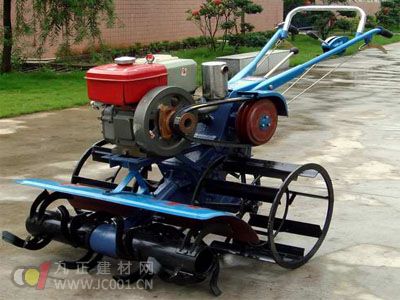Agricultural Machinery Purchase Tips:
1. Before making a purchase, it's essential to research the main manufacturers of agricultural machinery and choose well-established brands that are known for their quality and strong R&D capabilities. These companies usually offer better product reliability and customer support. It’s also wise to consult with farmers who have used similar machines to get insights into performance, durability, and after-sales service. Based on your specific needs and budget, you can then select the most suitable model.
2. When picking up the machine, make sure all necessary documents are provided, including the quality inspection certificate, product promotion permit, and three-pack maintenance certificate. Verify that all these documents match the information on the machine’s nameplate, such as the product name, technical specifications, factory number, and manufacturer details. This helps avoid counterfeit or substandard products. Also, carefully read the manual and check if all the tools and accessories listed are present—this prevents sellers from omitting parts. Be cautious of machines with very old production dates or long storage times, and avoid those that appear to have been repaired before.

3. Inspect the machine’s appearance thoroughly. The exterior condition often reflects the internal quality of the equipment. Look for signs of damage, paint peeling, or any suspicious modifications. Check the welds for evenness and firmness, and ensure there are no leaks (oil, air, or water) in the sealed areas. Make sure all parts fit properly and that there are no cracks, porosity, or bubbles in the castings. Pay attention to moving parts and ensure they are protected as required by law. Never compromise on safety features or remove warning labels.
4. Test the power machinery before finalizing the purchase. Start the engine several times to check its starting performance. Then run it without load at normal speed for over 10 minutes to ensure smooth operation and no unusual noises. After stopping, inspect the joints and seals for any leakage.
5. Operate the machine to evaluate its performance. Ensure all controls are responsive and the braking system is reliable. For attached equipment, rotate the moving parts to check for smooth movement and any signs of sticking. This hands-on test can reveal potential issues that might not be obvious during a visual inspection.
Vinyl Flooring,Vinyl Plank Flooring,Engineered Flooring,Lvt Vinyl Plank
Changzhou Yingda New Material Co., Ltd , https://www.yingdaspc.com